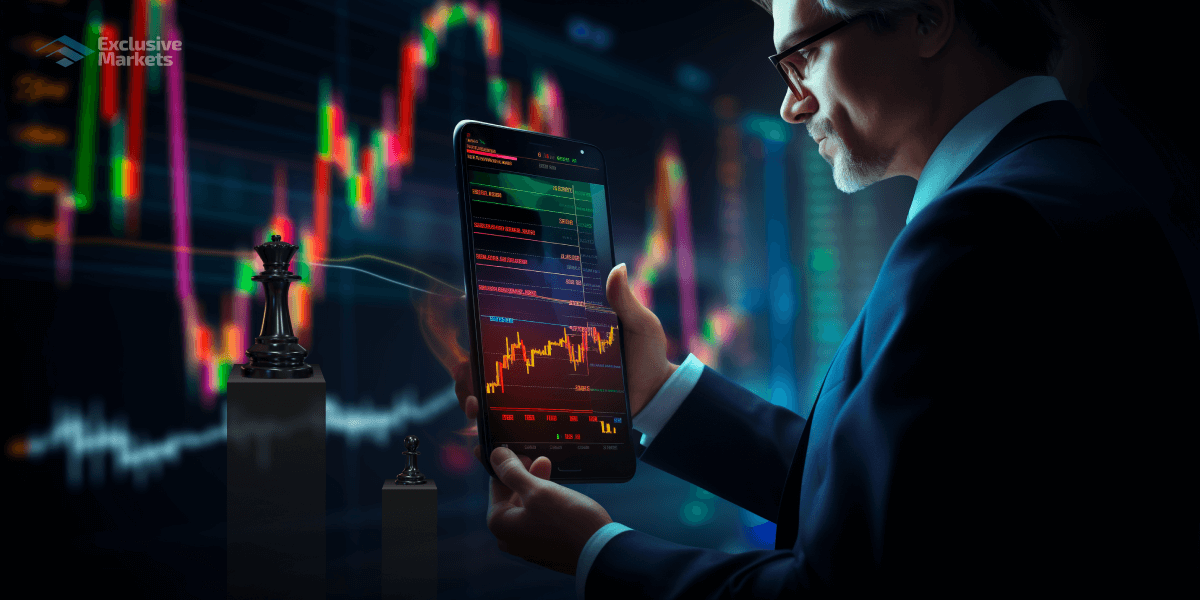
If you are interested in learning about trading strategies and the dynamics of the currency market, the right place to start is at a forex trading school LATAM Trading Brokers. These specialized institutions offer a wealth of knowledge and resources that can help both novice and experienced traders refine their skills and improve their trading acumen.
What is a Forex Trading School?
A Forex trading school is an educational platform that focuses on teaching students the intricacies of the foreign exchange market. These schools offer a variety of programs including online courses, one-on-one mentorship, and workshops that cover everything from basic concepts to advanced trading strategies. By attending a Forex trading school, you can gain valuable insights into market analysis, risk management, and effective trading techniques.
Benefits of Attending a Forex Trading School
- Structured Learning: Forex trading schools provide a structured curriculum that guides you through the learning process systematically, ensuring you cover essential topics in a logical order.
- Expert Instructors: Many schools are staffed by experienced traders and analysts who share their real-world experiences, giving you perspectives that self-taught methods may not provide.
- Networking Opportunities: Attending a Forex trading school allows you to connect with other traders, which can lead to collaboration and support. Networking can help you discover trading partners or mentors.
- Access to Resources: Many trading schools offer access to trading tools, charts, market analysis reports, and software that are beneficial for both learning and active trading.
Types of Forex Trading Courses

Forex trading schools often provide a variety of courses tailored to different experience levels. Here are some common types of courses offered:
- Beginner Courses: These courses cover the foundational aspects of Forex trading, including understanding currency pairs, trading platforms, and order types.
- Intermediate Courses: Once you grasp the basics, intermediate courses offer deeper insights into technical and fundamental analysis, chart reading, and trading psychology.
- Advanced Courses: For experienced traders, advanced courses focus on complex trading strategies, risk management techniques, and the psychology behind successful trading.
Choosing the Right Forex Trading School
When selecting a Forex trading school, several factors should be considered to ensure the best educational experience:
- Accreditation: Ensure the school is accredited and recognized in the industry, as this adds credibility to the education you will receive.
- Course Content: Review the course syllabus to ensure it covers topics relevant to your learning objectives. Look for schools that offer updated content aligning with current market trends.
- Student Reviews: Research online for reviews and testimonials from former students to gauge the effectiveness of the school’s programs.
- Cost: While education is an investment, compare the costs of different schools and determine if they align with the value provided through the curriculum and resources.
Online vs. Traditional Forex Trading Schools
With the advancement of technology, many Forex trading schools now offer online courses. Both traditional and online schools have their pros and cons. Below is a comparison of both options:
Online Forex Trading Schools
- Flexibility: Online courses allow you to learn at your own pace and on your own schedule, making it suitable for those who have work or other responsibilities.
- Accessibility: You can access reputable institutions worldwide from the comfort of your home without the need to travel.
- Variety of Learning Materials: Many online courses offer diverse formats, including videos, webinars, and e-books, enhancing the learning experience.
Traditional Forex Trading Schools
- Hands-On Learning: In-person classes can provide a more immersive environment where you can interact directly with instructors and peers.
- No Digital Distractions: Attending physical classes can help you stay focused without the distractions of online learning.
- Networking Opportunities: Building relationships in person can be more effective, leading to potential mentorship and collaboration.
Best Practices for Trading After Attending a Forex School
After completing a Forex trading course, it’s crucial to put your knowledge into practice effectively. Here are some best practices to consider:
- Practice on Demo Accounts: Before risking real money, practice on demo accounts provided by several brokers. This allows you to simulate trades and refine your strategies without financial risk.
- Start Small: When you transition to live trading, begin with small positions to understand how market fluctuations impact your trading outcomes.
- Keep a Trading Journal: Documenting your trades, strategies, and feelings can help you assess your performance and identify areas for improvement.
- Continuously Educate Yourself: The Forex market is ever-changing. Stay updated with market news, trends, and emerging technologies that can enhance your trading strategies.
Conclusion
Forex trading schools serve as a vital stepping stone for anyone looking to embark on a journey in Forex trading. By providing access to structured learning, experienced instructors, and numerous resources, these schools help students develop the skills necessary to succeed in the competitive world of currency trading. Whether you opt for traditional classes or online courses, the investment in education can lead to significant gains in not only financial returns but also in overall trading competency. Remember, consistent practice and a commitment to ongoing education are key to thriving in the Forex market.